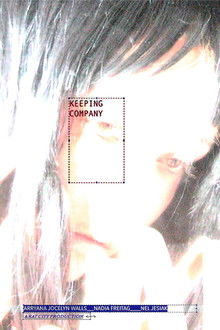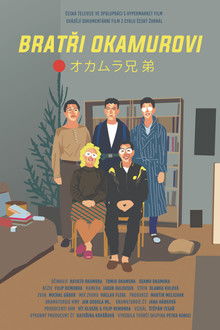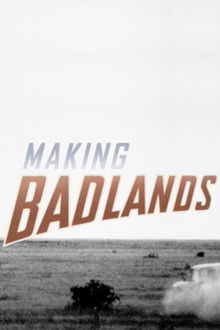The Volunteer Archivists tells the story of Srujanika, a volunteer-led collective in the Indian state of Odisha that archived some of the rarest printer publications published in the last 200 years. The archive — Odia Bibhaba — now houses over 10,000 books and hundreds of magazines, newspapers, and dictionaries that otherwise would have been lost forever due to collective negligence and the poor state of digitization by the state archives.
Related Movies
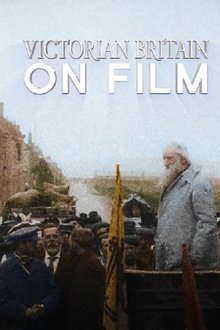
Victorian Britain on Film (2021)
Offers audiences a unique window into a bygone era when a thrilling new invention, the motion picture camera, first captures a nation on film.
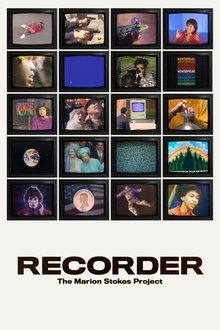
Recorder: The Marion Stokes Project (2019)
Marion Stokes secretly recorded television 24 hours a day for 30 years from 1975 until her death in 2012. For Marion taping was a form of activism to seek the truth, and she believed that a comprehensive archive of the media would be invaluable for future generations. Her visionary and maddening project nearly tore her family apart, but now her 70,000 VHS tapes are being digitized and they'll be searchable online.

Nani Ma (2022)
Musamoni Panigrahi (1920s–2017), fondly called “Nani Ma” by her neighbours, appears in the centre of this first film in the Baleswari dialect of India's Odia language. The story revolves around folklore and folk songs narrated by Nani Ma. Born in the 1920s in pre-independent rural India in a coastal village in the Balasore district of Odisha, she never got to go beyond the first few days of school. The film is an alternate history of a society broken through colonization, Brahminical patriarchy and a post-famine (Orissa famine of 1866, killing nearly 5 million people, one-third of the population), and the dominance of formal writing over spoken tongues. Three academics -- Damayanti Beshra, PhD (recipient of India’s fourth civilian award, “Padma Shri”), Panchanan Mohanty, PhD (noted linguist), and Laxmikanta Tripathy, PhD, DLitt (anthropologist and author) -- also appear in the film to provide contextual commentary on patriarchy, oral history and the sociolinguistic diversity.

The End of Memory (2015)
Each day, some 2.5 trillion bytes of data are exchanged, a deluge known as "big data." How can we classify, store, and give meaning to this mass of digital information? Will our digital society remain capable of producing a lasting memory? Learn the fate of memory storage in the future.
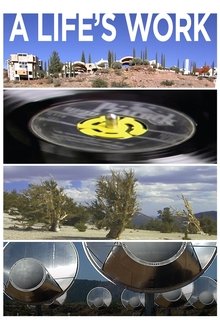
A Life's Work (2020)
What’s it like to dedicate your life to work that won’t be completed in your lifetime? Fifteen years ago, filmmaker David Licata focused on four projects and the people behind them in an effort to answer this universal question.
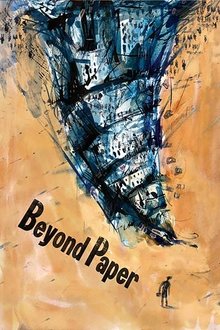
Beyond Paper (2022)
At a critical moment in the history of the written word, as humanity’s archives migrate to the cloud, one filmmaker goes on a journey around the globe to better understand how she can preserve her own Romanian and Armenian heritage, as well as our collective memory. Blending the intellectual with the poetic, she embarks on a personal quest with universal resonance, navigating the continuum between paper and digital—and reminding us that human knowledge is above all an affair of the soul and the spirit.

Resurrecting Sinistar: A Cyber-Archaeology Documentary (2025)
Two-years in the making, SynaMax takes viewers on a journey into the extensive cyber-archaeology research involved with restoring the source code and documenting the development history to the 1983 arcade game, Sinistar. Featuring exclusive interviews with project lead and software engineer Noah Falstein, sound engineer Mike Metz, and video game designer John Newcomer, this video offers a very comprehensive glimpse into one of the most innovative video games from the early '80s.
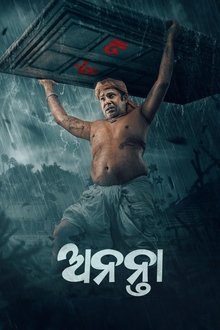
Ananta (2025)
"Randi Pua Ananta" follows the journey of Ananta, a notorious troublemaker who undergoes a remarkable transformation into a selfless hero. When a devastating flood threatens his village, Ananta makes the ultimate sacrifice to save his people, proving that redemption can come in the most unexpected ways.

Hakim Babu (1985)
A man from lower social background qualifies and gets an administration job and to match his higher social occupation, he leaves his family, friends, and fiance. But gradually he understands his mistake and returns for his people. Finally he finds his wrong decision for the mining in his village has lead to the destruction and down fall of his people and everyone lives the village and him behind alone.
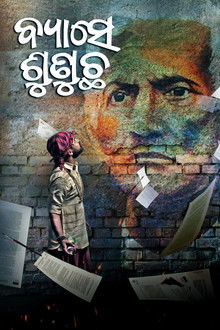
Byaase Sunucha (2022)
A Carefree Artist confronts The Pioneer of Odia literature Byaasakabi Fakir Mohan, to lament about the current state of the Odia Language and how it has been looked down upon by the elites of the state. Will his voice be heard?
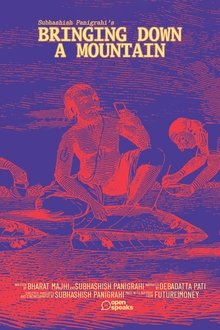
Bringing Down a Mountain (NaN)
A rural village never wanted to be a city’s landfill or a distant blur in Reels but rather home to new imaginations. Bringing Down a Mountain dissects the intersecting themes of access, abolition and caste through the experiences of residents of a rural village and that of a hyper-urban city. The film follows the village residents’ dreams—of mobile data, digital payment and relief from menial work. What happens when the landfill is full, and dreams want to break free?
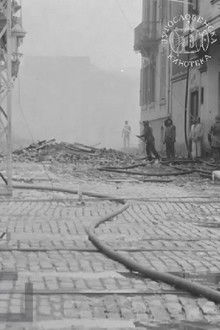
Fire in Thessaloniki (1917)
Footage of the devastating fire in Thessaloniki that took place in 1917. A Serbian Colonel called Mihailo Mihailović aka Mika Afrika captured the event.

Star Wars Dreams (2003)
A look at the history of America's multi-billion dollar missile defence system, from President Eisenhower to Reagan and Bush.

Joe Louis: America's Hero Betrayed (2008)
An American story. Traces the career of Joe Louis (1914-1981) within the context of American racial consciousness: his difficulty getting big fights early in his career, the pride of African-Americans in his prowess, the shift of White sentiment toward Louis as Hitler came to power, Louis's patriotism during World War II, and the hounding of Louis by the IRS for the following 15 years. In his last years, he's a casino greeter, a drug user, and the occasional object of scorn for young Turks like Muhammad Ali. Appreciative comment comes from boxing scholars, Louis's son Joe Jr., friends, and icons like Maya Angelou, Dick Gregory, and Bill Cosby.
